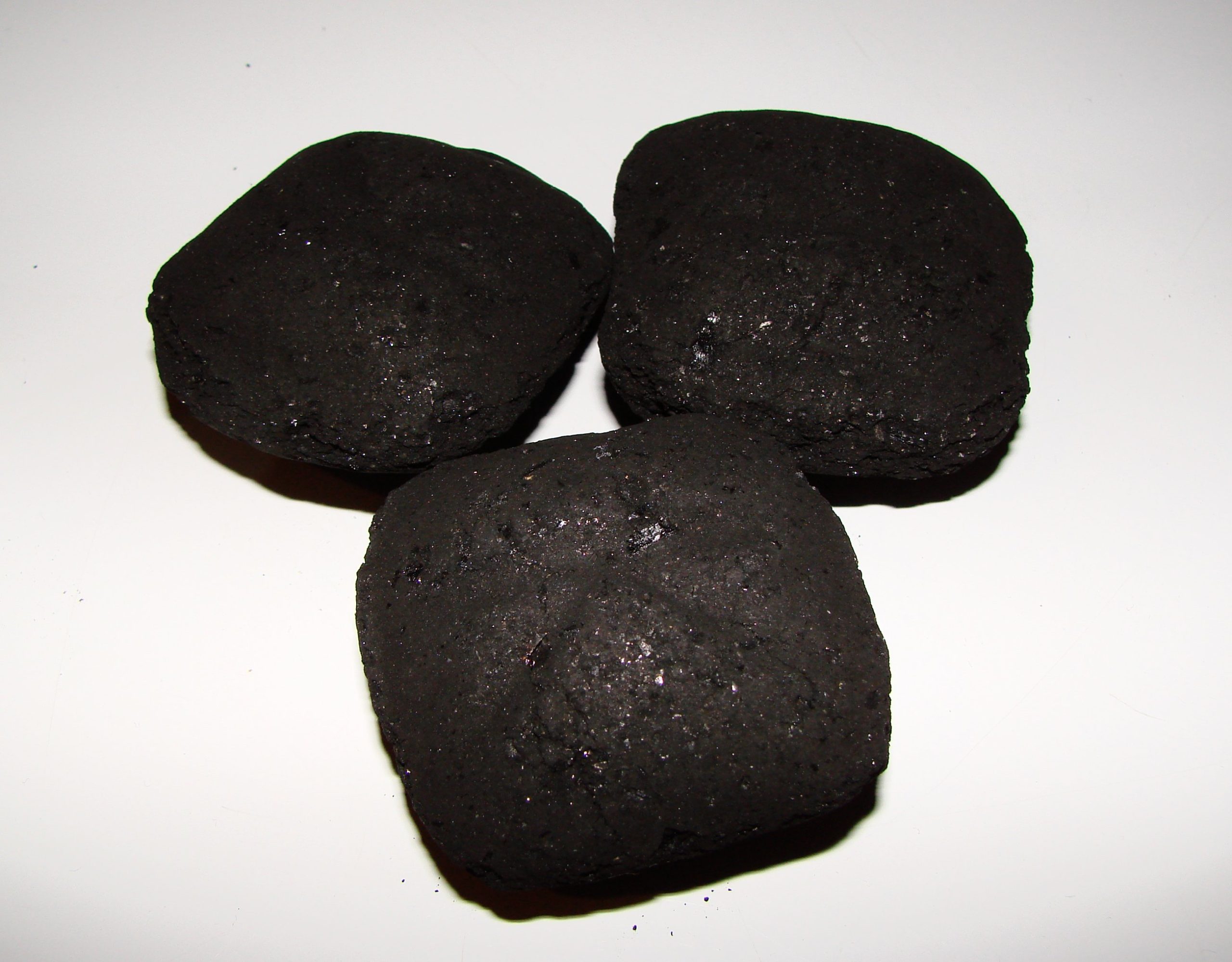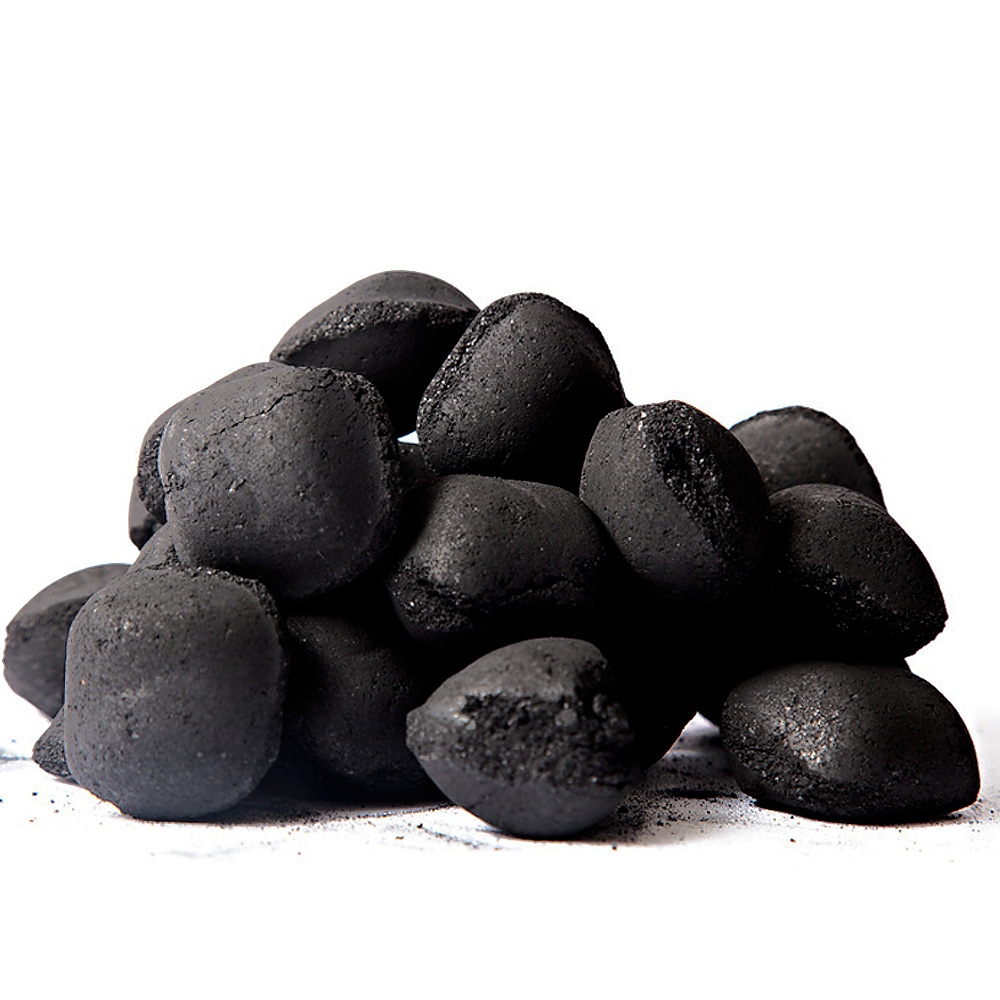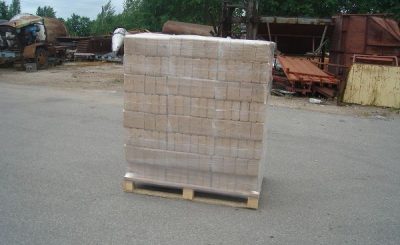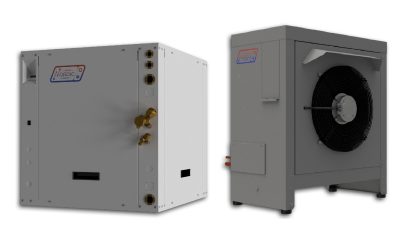In today’s world, where environmental concerns are at the forefront of global discussions, finding sustainable and efficient solutions for waste management and energy production is crucial. One such solution that has gained popularity in recent years is the use of wood briquettes. These compact, eco-friendly fuel sources offer a versatile and effective way to address both waste management and fuel creation challenges. In this article, we will explore the benefits of puitbrikett and how they contribute to a cleaner and more sustainable future.
What Are Wood Briquettes?
Wood briquettes are a type of fuel made from compressed sawdust, wood shavings, or other wood residues. They are cylindrical or rectangular in shape and are often referred to as “biomass briquettes” due to their organic composition. The process of making wood briquettes involves compacting wood waste using high pressure without the use of any binders or additives. This natural, chemical-free production method makes wood briquettes an environmentally friendly alternative to traditional fossil fuels.

Reducing Waste and Deforestation
One of the primary advantages of using wood briquettes is their role in waste management. Wood waste, such as sawdust and wood shavings, is a common byproduct in various industries, including woodworking and forestry. In the past, disposing of this waste posed significant challenges and often resulted in environmental pollution. However, this waste can be transformed into a valuable energy source with the advent of wood briquettes.
By repurposing wood waste into briquettes, industries can significantly reduce their environmental footprint and minimize the need for landfill disposal. This helps manage waste more efficiently and contributes to the conservation of forests, as there is less pressure to cut down trees for fuel and other purposes. In essence, wood briquettes offer a sustainable and eco-friendly solution that aligns with the goals of reducing deforestation and promoting responsible resource management.
High Energy Density and Clean Combustion
Wood briquettes are prized for their high energy density, which means they pack a lot of energy into a compact form. This makes them an excellent choice for heating homes, businesses, and industrial facilities. When burned, wood briquettes release minimal smoke and pollutants, making them an environmentally sound option for both indoor and outdoor use. The clean combustion of wood briquettes reduces air pollution and improves indoor air quality, making them a safe choice for heating and cooking.
Versatility in Applications
Wood briquettes can be used in a variety of applications, making them a versatile fuel source. They are commonly used in stoves, fireplaces, and biomass boilers to generate heat for space heating and hot water production. Additionally, wood briquettes can be used in industrial processes that require high-temperature heat, such as drying and baking. Their consistent size and shape make them easy to handle and store, further enhancing their usability.
Economic Benefits
Apart from their environmental advantages, wood briquettes also offer economic benefits. Businesses that produce wood briquettes can create additional revenue streams by selling them to consumers and other industries. Moreover, households that switch to wood briquettes for heating can often save money compared to traditional fossil fuels, as wood waste is typically less expensive or even free in some cases.

Conclusion
Wood briquettes have emerged as a promising solution for waste management and fuel creation. They help reduce waste, mitigate deforestation, and provide a clean and efficient source of energy. As the world seeks sustainable alternatives to traditional fuels, wood briquettes offer a compelling option that aligns with environmental and economic goals. By embracing this eco-friendly technology, we can move one step closer to a cleaner and more sustainable future.






